Child neurology residency

Overview
Thank you for your interest in our child neurology residency program. The Corewell Health Helen DeVos Children’s Hospital/Michigan State University Child Neurology Residency program at Corewell Health Helen DeVos Children's Hospital offers training dedicated to all aspects of child neurology, including a rich clinical and research experience. Upon completion of the program, residents will be well prepared for clinical practice, a career in education, and/ or as clinical researchers. Two residents are accepted each year into the five-year categorical program. The program includes the standard two years of pediatrics residency followed by one year of adult and two years of child neurology training that are integrated.
The program will be a dynamic experience, challenging you through complex clinical care, learning and teaching didactics and involvement in basic science or clinical research endeavors. It includes didactics with the pediatrics residents during the first two years and with adult neurology residents the final three years.
We think you will be attracted to our program for several reasons. First, our clinicians love to teach and share a passion for learning collaboratively. Second, we have a great depth of subspecialty expertise, and our backgrounds are very diverse. Third, your education and development is our main goal. We will invest the time and resources to maximize your skills in clinical care, research, education and administrative roles. Read our program aims.
Based in Grand Rapids, Michigan, the Corewell Health Pediatric Neurosciences Center cares for children and adolescents experiencing symptoms related to the brain, spinal cord or peripheral nervous system, to help identify the diagnosis and create a personalized plan for treatment. Our highly specialized team of Pediatric Neurology and Neurosurgery providers treat a variety of neurological disorders in the inpatient and outpatient settings. We have subspecialty expertise in epilepsy, cerebral palsy, neuromuscular disorders, stroke, autoimmune neurological diseases, as well as other conditions such as brain and spinal cord tumors, movement disorders, headache and pain, congenital neurological conditions and neurocritical illness such as traumatic injury or anoxic injuries. In addition to neurology and neurosurgery, the extended team includes neurodevelopmental pediatricians, biochemical genetics, pediatric neuropsychology and neurocritical care specialists. We were the first in the state to offer pediatric neurocritical care services that includes a post-hospital follow-up clinic and stroke clinic.
Programs of excellence and multidisciplinary clinics
Programs of excellence

We have one of the most comprehensive pediatric epilepsy programs in Michigan and are the only designated Level 4 epilepsy center by the National Association of Epilepsy Centers in West Michigan. Our care for patients with complex epilepsy and seizure disorders includes an eight-bed pediatric epilepsy monitoring unit for the evaluation of uncontrolled seizures, a dietary therapy clinic, genetic epilepsy clinic and extensive inpatient and outpatient evaluation for intractable epilepsy. In addition, the Jack H. Miller Magnetoencephalography (MEG) Center opened in September 2020. Our pediatric neurosurgeons are skilled in surgical techniques that can successfully and safely eliminate or reduce seizures if medication, and/ or dietary therapies (KGD/ MAD) are unsuccessful.

Our team has a fellowship trained pediatric movement disorder specialist in Michigan. We offer clinics that specialize in several common movement disorders, including Tourette syndrome, dystonia, ataxia and cerebral palsy (spasticity). These clinics bring professionals from many areas together to work with children in a coordinated treatment program. Our neuroscience center team will first identify a diagnosis utilizing clinical assessment, brain imaging, and/or genetics as well as offer treatment options such as deep brain stimulation, intrathecal baclofen pumps, botulinum toxin injections and selective dorsal rhizotomy. For complex cases, we collaborate with surgical and non-surgical experts to develop a specialized treatment plan in our bimonthly AMPS (advanced management of pediatric spasticity) conference. The goal setting is done in collaboration with families and other allied health workers (PT, OT, etc) from around the state.

Our pediatric neuromuscular center physicians are experienced in the diagnosis and treatment of all forms of neuromuscular disorders, including muscular dystrophies, spinal muscular atrophy, and peripheral neuropathies. Extensive diagnostic testing and a team of treatment professionals combine to help children improve or maintain muscle strength and sensory function, so individuals can live as actively and independently as possible. Our clinic is aligned with the Muscular Dystrophy Association, Parent Project and Cure SMA to give families a voice and ensure that we continue to offer cutting edge treatment options.

We are proud to be the first in Michigan to offer pediatric neurocritical care services. These services are provided by a specialized team led by fellowship-trained neuro pediatric intensive care and neurology physicians. Our neurocritical care team works to identify patients in the neuro pediatric intensive care unit who are at stricken with new or ongoing neurologic injury, then monitors and applies neuroprotective therapies. The goal is to improve outcomes and decrease hospital stay, as neurologic outcomes have the largest impact on quality of life in patients after leaving the pediatric intensive care unit.

We are actively involved in research to further understand brain tumors in children and are proud to be at the forefront of advanced personalized medicine, with national collaborations moving this research forward. We offer a multidisciplinary, weekly pediatric brain tumor conference, which includes pediatric oncologists, neurologists, neurosurgeons, pathologists, radiology and other pediatric medical specialists. To provide guidance during surgery and work towards the best possible treatment results, our pediatric neurosurgeons use state-of-the-art techniques and tools like:
- Neuro-navigation, which is computer-assisted technology to guide the surgeon
- Intraoperative MRI to check if the entire tumor has been removed during surgery
- Intraoperative neuromonitoring for real-time feedback of the function of nerves, muscle, brain and spinal cord

Our neuropsychologists have completed extensive training and are specialized in pediatric psychology, brain-behavior relationships, specialized neuropsychological assessment, intervention techniques and the practical implications of neuropsychological conditions. They work in collaboration with subspecialists in neuroscience, cardiology and hematology/oncology, among others, to diagnose and treat conditions such as ADHD, concussion and traumatic brain injury, neurological or neurodevelopmental issues such as stroke, epilepsy, fetal alcohol syndrome, etc.
Multidisciplinary clinics

Our team of specialists includes doctors, geneticists, psychologists and others provide comprehensive care from diagnosis to medical care and surveillance, even working with schools to support students with learning disabilities. Our clinic has experts for both children and adults, allowing us to see a family together, making complete care even easier.

Tuberous sclerosis complex is a rare multisystem condition and we offer treatment through a clinic managed by our neurologists, epileptologists, neurosurgeons, cardiologists, genetic counselors, nephrologists and urologists. Together, we help children with this condition manage epilepsy, autism, and other complications.

Our team of neurologists with special training in movement disorders, neurosurgeons and neuropsychologists provide comprehensive assessments and treatments to children with complex movement disorders including spasticity and dystonia.

Our team of neurologists with special training in movement disorders, neurosurgeons and neuropsychologists provide comprehensive assessments and treatments to children with complex movement disorders including spasticity and dystonia.

Our cerebral palsy clinic is the most comprehensive in Michigan and includes a unique group of specialists which include neurology, physiatry, neurosurgery, neuropsychology, orthotic, physical/occupational and speech therapists, dietician, social worker, amongst others.

We are able to perform and interpret video EEG, magnetic resonance imaging, positron emission tomography, single photon emission computerized tomography, electromyography and evoked potentials. In addition, the Jack H. Miller Magnetoencephalography (MEG) Center opened its doors in September 2020.
Education and Research
The child neurology residency is a five-year program. The first two years of training are completed alongside the pediatrics residency program at Corewell Health Helen DeVos Children's Hospital (part of Corewell Health Grand Rapids Hospitals). After this, residents join the pediatric neurosciences department at Helen DeVos Children’s Hospital. The 12 months of adult neurology training are divided between the third, fourth and fifth years of training (six months in the third year, four months in the fourth year and two months in the fifth year).
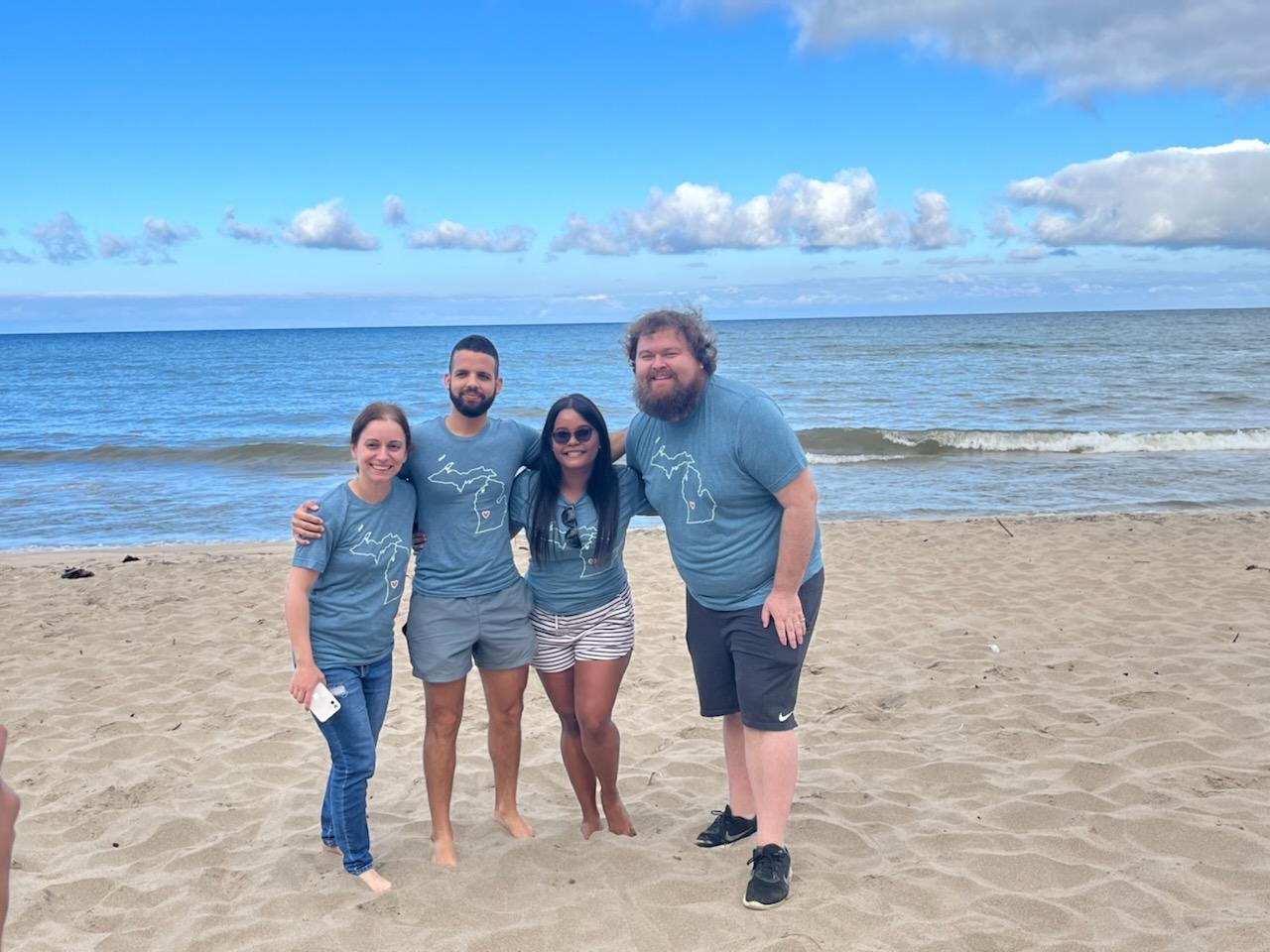
Resident wellness is important to our program. Pictured here: Child Neurology residents enjoying a retreat at the lakeshore.
The education of our residents is our priority. This is done through our didactic lessons, bedside teaching, independent learning and exposure to a broad range of patient pathology. Our residents work alongside fellowship-trained experts in multiple neurological subspecialties including pediatric epilepsy, pediatric movement disorders, pediatric neuroimmunology, pediatric neuromuscular disorders, stroke, neurodevelopmental disabilities and neurogenetics. Our faculty are committed to providing residents with a rich experience of training, education and research opportunities.
Our didactic schedule includes ample opportunities throughout the week for learning and is partnered with colleagues across Corewell Health. Lectures and conferences include neurology grand rounds, pediatric grand rounds, pediatric neuroradiology conference, EEG case conference, neurology case conference, neurogenetics conference, journal club, graduate medical education core curriculum lectures, and neuropathology lectures.
As a child neurology resident, you will have the opportunity to be involved with teaching medical students and residents from multiple regional medical schools and residencies. This provides rich interactions and leadership opportunities.
We are involved with multiple multicenter research studies and are members of the Pediatric Epilepsy Research Consortium. Additionally, we are partners with basic science researchers at Michigan State University.
Application requirements
Applications and the following documents are accepted only through the Electronic Residency Application Service (ERAS). We request:
- Excellent communication skills
- MD applicants should have completed and passed both Step 1 and Step 2 of the USMLE
- DO applicants should have completed and passed both COMLEX 1 and 2
- Recent clinical experience within the United States
- Applicants must have graduated medical school within the last three years
- All candidates must possess U.S. work authorization or be eligible for J-1 status
- Step 2 exam results are encouraged but not required prior to your interview. Results for Step 2 must be available to be considered for ranking.
For more information, contact Traci Aul, program coordinator.
Salary and benefits
Program Director
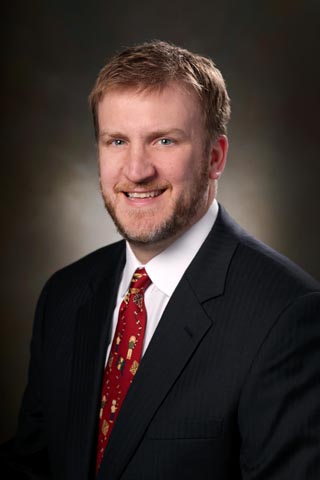
Pediatric Neurologist
- Fellowship: Cincinnati Children's Hospital Medical Center
- Residency: Cincinnati Children's Hospital Medical Center

Pediatric Neurologist
- Fellowship: Cincinnati Children's Hospital Medical Center
- Residency: Cincinnati Children's Hospital Medical Center
Core faculty
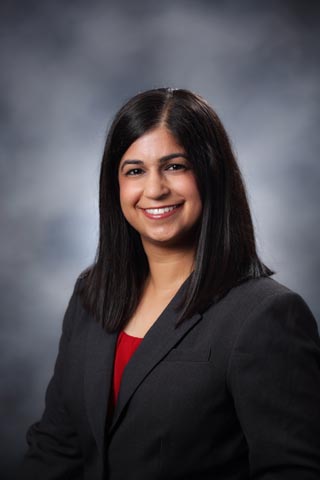
Pediatric Neurologist
- Fellowship: St. Joseph's Hospital and Medical Center - Phoenix
- Residency: Phoenix Children's Hospital
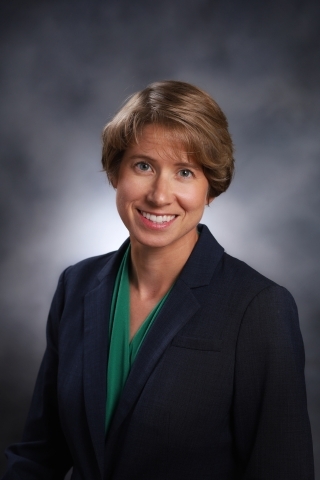
Pediatric Neurologist
- Fellowship: University of Michigan
- Residency: University of Michigan
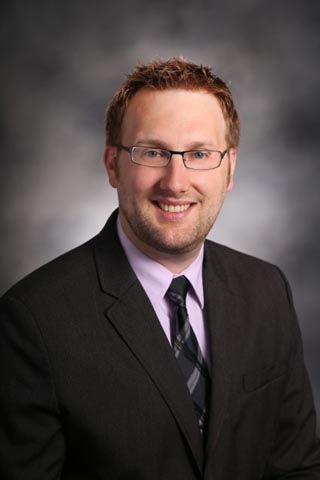
Pediatric Neurologist
- Fellowship: University of Michigan Health System
- Residency: Nationwide Children’s Hospital & Ohio State University
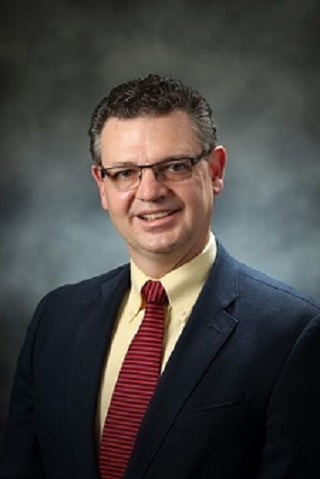
Pediatric Neurologist
- Residency: Baylor College of Medicine

Pediatric Neurologist
- Fellowship: St. Joseph's Hospital and Medical Center - Phoenix
- Residency: Phoenix Children's Hospital

Pediatric Neurologist
- Fellowship: University of Michigan
- Residency: University of Michigan

Pediatric Neurologist
- Fellowship: University of Michigan Health System
- Residency: Nationwide Children’s Hospital & Ohio State University

Pediatric Neurologist
- Residency: Baylor College of Medicine
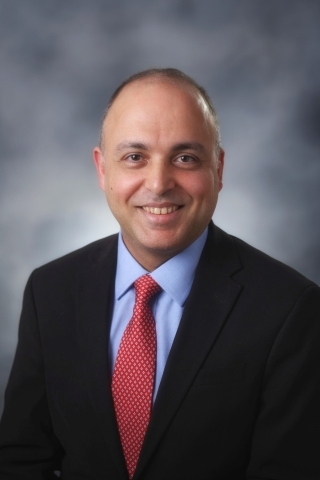
Pediatric Neurologist
- Fellowship:
- Massachusetts General Hospital, Epilepsy and Neurophysiology
- Cleveland Clinic Foundation, Advanced Epilepsy and Nurophysology
- Residency:
- Wirral University Teaching Hospital
- Sheffield Teaching Hospitals
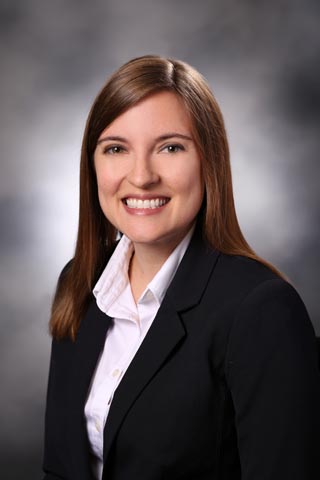
Pediatric Neurologist
- Fellowship: Northwestern University
- Residency: Northwestern University
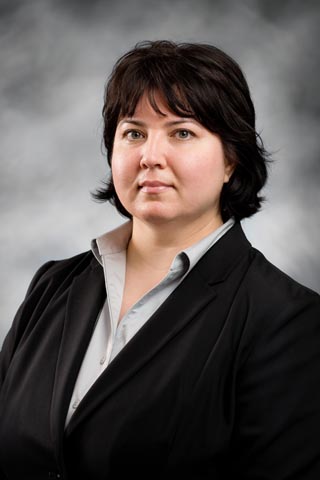
Pediatric Neurologist
- Fellowship: Children's Mercy Hospital - Kansas City
- Residency: Children's Mercy Hospital - Kansas City
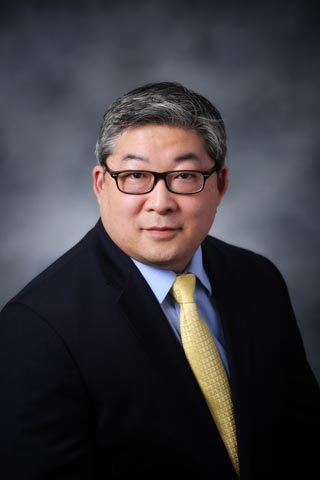
Pediatric Neurologist
- Fellowship: Cincinnati Children's Hospital Medical Center
- Residency: Cincinnati Children's Hospital Medical Center
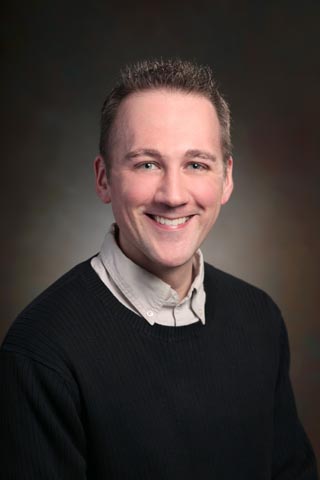
Pediatric Neurologist
- Residency: Brown University
PGY 3
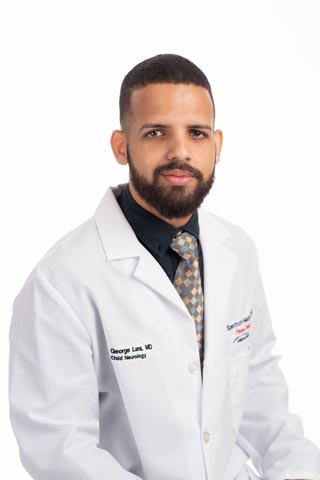
Instituto Tecnologico de Santo Domingo

Instituto Tecnologico de Santo Domingo
PGY 4
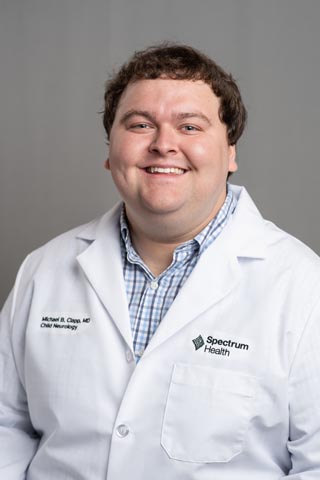
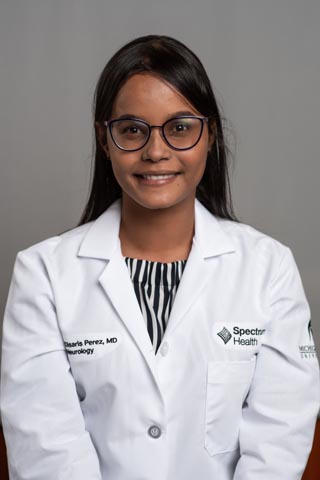


Child neurology residency bios

Ready to Apply?
Review the “Application Requirements” tab on the program page to learn more about the application process.
